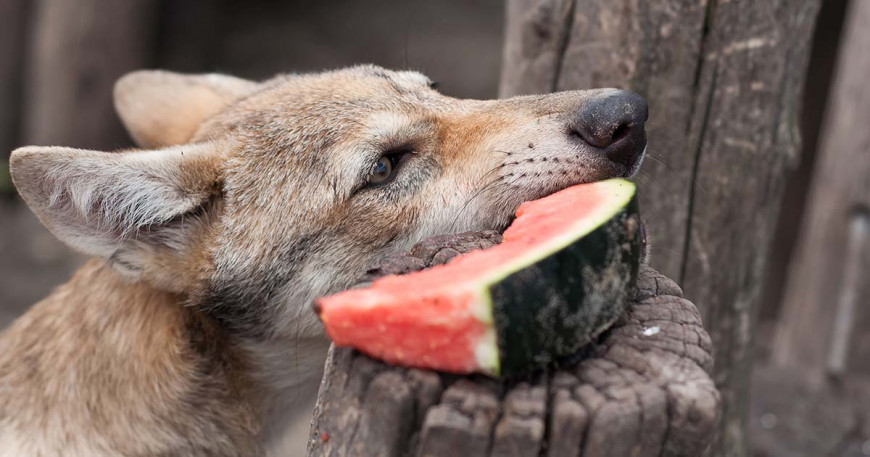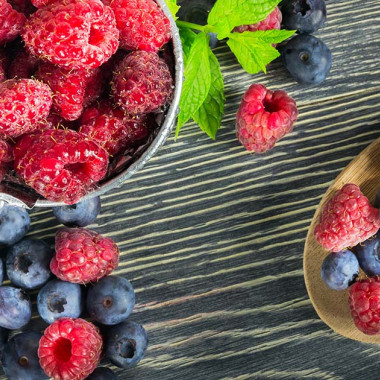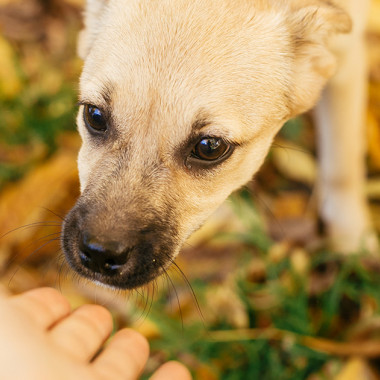Although watermelon is sweet, and most people consider it a fruit, it's actually classified as a vegetable belonging to the Cucurbitaceae family. Despite this, some experts argue that it is a fruit since the edible part of the watermelon is the fruit itself, not the root, leaves, or stems.
Watermelon as Part of a Dog's Diet
The answer to the question: "Can dogs eat watermelon?" is definitely YES. There are many positive reasons why you should include watermelon in your dog's diet. In 100 g, it contains only 0.2 g of fat and no cholesterol, making it suitable for dogs that are overweight or prone to obesity. The 90% water content helps maintain the dog's hydration and supports proper kidney function.
Vitamins and Minerals in Watermelon
Watermelon contains vitamins C, B6, and A. Vitamin A in plants is found as beta-carotene, which the dog converts into vitamin A. B6 is essential for protein metabolism. Watermelon is also rich in minerals such as potassium, calcium, sodium, and magnesium. A deficiency of potassium can lead to heart and muscle issues. Sodium helps maintain the body's acid-base balance, and magnesium activates many enzymes in the body.
What to Keep in Mind...
Despite its positive qualities, watermelon also has some downsides. When feeding watermelon to your dog, you must carefully remove all the seeds and the hard green rind, as these can block the digestive system and cause digestive issues.
A Refreshing Treat
During the hot summer months, you can freeze watermelon pieces or blend it and pour it into ice cube trays. Your dog will surely enjoy this cool treat. If your dog doesn’t like plain watermelon, you can flavor it with something your dog enjoys.
Watermelon can sometimes cause diarrhea in dogs, so it’s important to offer small amounts first to check if it causes any issues. Its high water content may also increase urination, meaning your dog could need to pee more often. While watermelon doesn’t need to be a regular part of a BARF diet, it makes an excellent reward or treat, especially in summer. Feel free to share a piece of this healthy, low-calorie snack with your furry friend.










